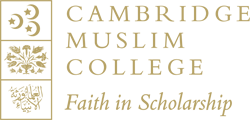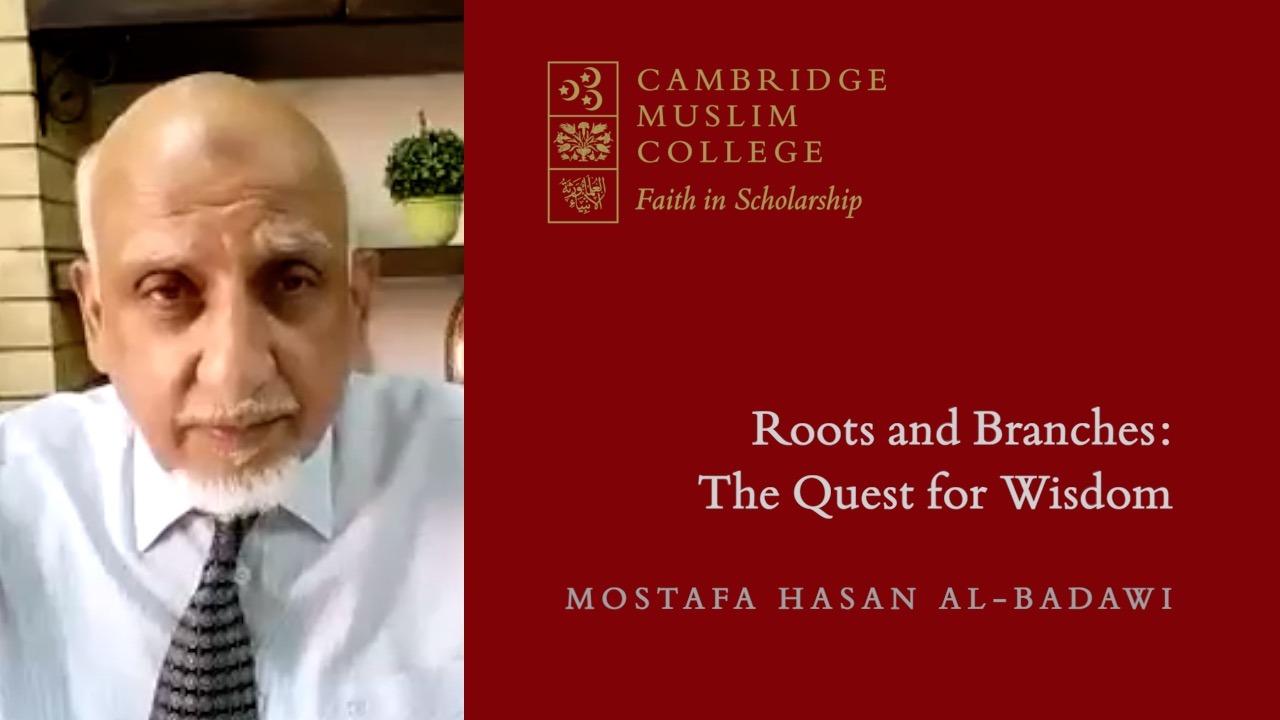Mastering any art, whether Islamic psychology and psychotherapy or any other art can be achieved only after acquiring an adequate grasp of its principles or roots (usul). It is only after the knowledge of roots that one can adequately understand the branches (furu’). In the Islamic tradition, the science of roots is ‘ilm al-ijmaal, the science of the whole; that of branches is ‘ilm al-tafsiil, the science of details or applications. ‘Ilm al-ijmaal is hikmah, or wisdom itself. The quest for wisdom is, therefore, the quest for principles. What does the quest for wisdom look like in the discipline of Islamic psychology? What are its roots and principles?
This lecture by Dr Badawi delievered to students of our Islamic Psychology Diploma programme on 27 October explores these questions.
Dr. Badawi points out the original meaning of ‘psyche’ in the word psychology, which is ‘soul.’ The proper study of psychology then is the study of the soul. However, the soul itself is derivative for it is related to another important aspect of the human being, the transcendent dimension, which is called spirit (ruh). When spirit is embodied it is called soul (nafs) but it remains as a principle transcendent. Dr Badawi then moves on to discuss the tripartite structure of the soul and the various faculties of the human being including the centrality of the heart (qalb) in any Islamic understanding of the human being. The heart, in the classical Islamic tradition, is the seat of consciousness and spiritual perception. In the next part of the talk, Dr Badawi explains the basic Islamic principles and assumptions against which any therapeutic method and technique must be measured and evaluated. He also discusses the nature of the sunna, the sharia, knowledge, the true knowers of the spirit, and his own clinical experience.


